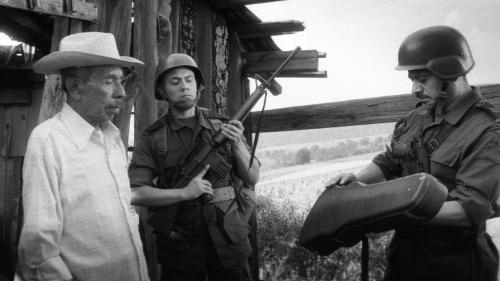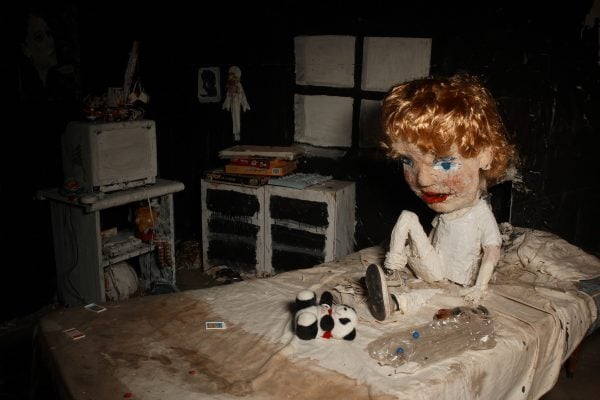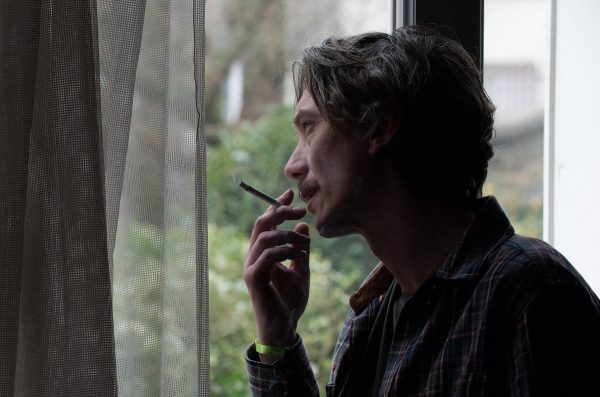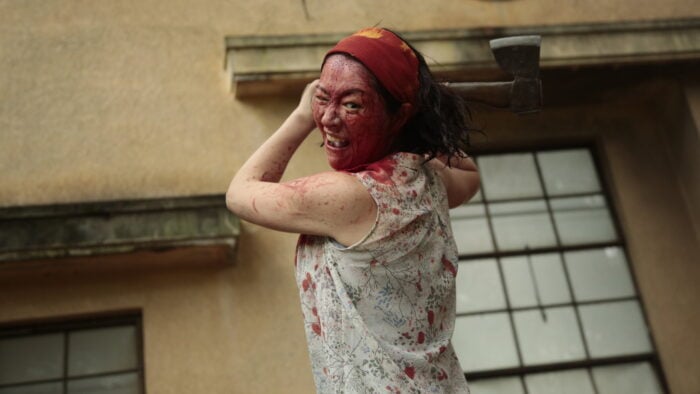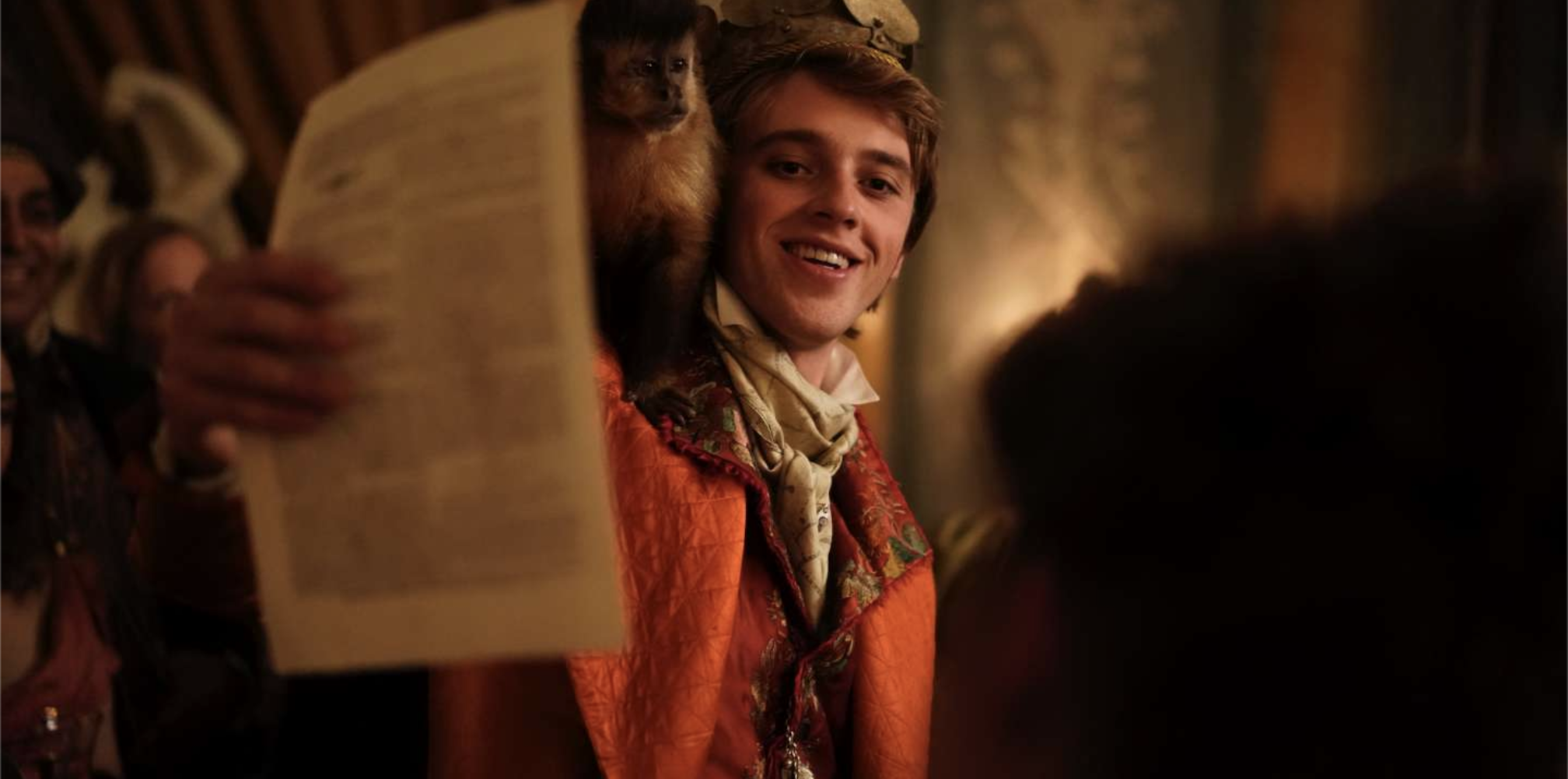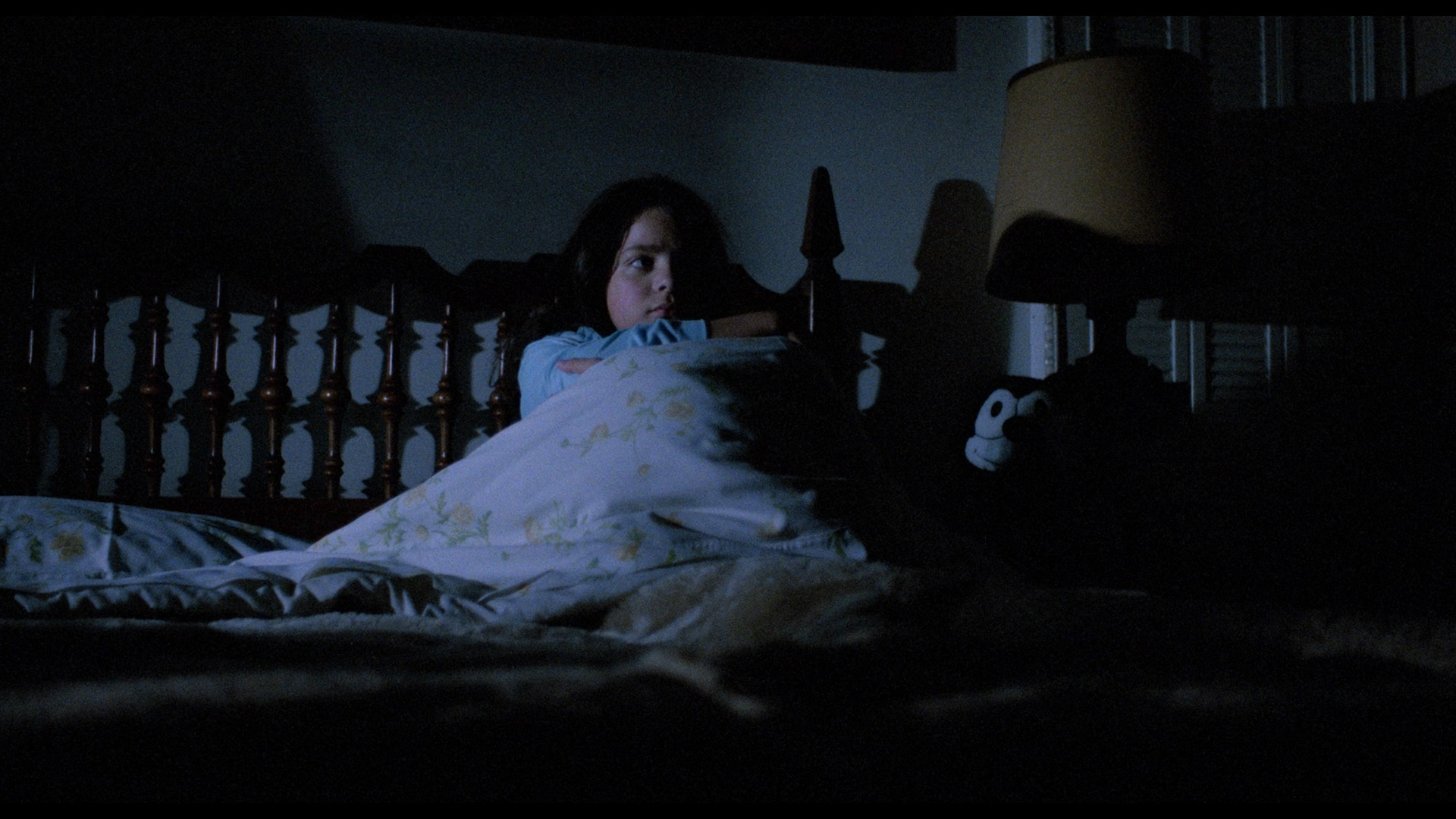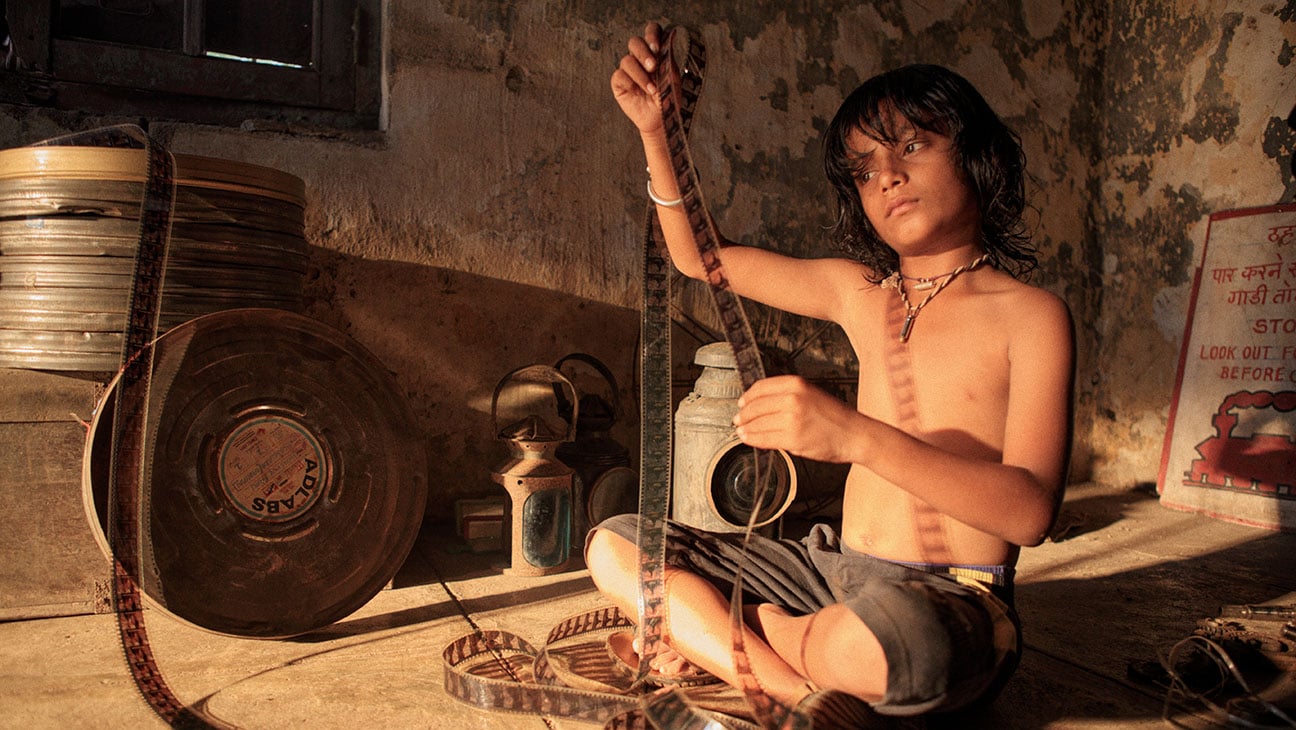
100 Best Foreign Movies on Hoopla Right Now
April 23, 2025
Share:
Being linked with your library card, Hoopla is better known for its audiobooks. However, avid readers might be surprised that Hoopla provides access to plenty of classic films for free, as long as you have your library card or university log-in.
What’s great about Hoopla is that the selection isn’t just limited to Old Hollywood movies– Hoopla also includes plenty of foreign films in their library as well. We’ve previously listed the best movies on their platform, but if you’re looking to watch something outside your comfort zone, here’s the same list, but with foreign films.
Read also:
31. The Violin (2007)
Genres
Director
Actors
Moods
TRIGGER WARNING: THIS FILM IS NOT FOR THE FAINT OF HEART. CONTAINS VERY GRAPHIC SCENES. In fact, the movie opens with rape. While definitely not an easy watch, it is an incredible story and it should definitely be seen by more people. Set in the 1970s during the peasant revolts, a group of locals in the rural areas organize a rebellion against the government. The movie starts with the government fighting this insurgency by sending soldiers to the village, where they rape, torture, beat, and kill the villagers. The soldiers unknowingly cut off the locals from their ammunition supply by occupying the fields in which the ammunition is secretly hidden. Don Plutarco, an old man and violinist (who is missing a hand), attempts to pass this checkpoint though, in order to “check on his corn crops.” The soldiers agree, but only if he stays for a daily music lesson. As Plutarco comes every day, he secretly smuggles the ammunition into his violin case, right under the guards’ noses. The story is incredibly moving, showing the heart wrenching tragedies the peasants go through, as well as the way music moves the guards, despite what they think of the peasants. I’d highly recommend it, but only for those with strong stomachs.
32. The Wolf House (2018)
Genres
Director
Actors
Moods
This mortifying stop-motion fairy-tale is inspired by the very real horrors of Chile’s Colonia Dignidad: a cult colony turned torture camp under the Pinochet regime. Presented as colony propaganda, the tale tells the story of Maria, a girl who runs away from the safety of the colony into the forest and takes refuge in a house with two pigs. What transpires is a gut-wrenching allegory for the rise of fascism, colonialism, and white supremacy.
The staggering animation which seamlessly shifts mediums from paper mâché to painted walls is a bewildering sight to witness. But it’s the synthesis of this boundary-pushing art and the underlying horrors it depicts, that make this stand as an unmissable cinematic event.
33. Mind Game (2004)
Genres
Director
Actors
Moods
Mind Game is a mind-bending and exhilarating animated film that takes the viewer on a journey through the depths of the human psyche. The story follows a young man who, after a near-death experience, finds himself on a self-discovery journey through surreal and constantly shifting worlds. The film’s unconventional and experimental animation style, combined with its complex and philosophical themes, create a truly immersive and unforgettable experience. Admittedly, the story’s progression and wild tangents may not be worth it for some viewers. But Yuasa’s signature film (now a cult classic) is a bold and visionary work of art that pushes the boundaries of animation and storytelling.
34. Under the Shadow (2016)
Genres
Director
Actors
Moods
Horror movies have always been creepier to me when they play on our fear of the “unknown” rather than gore. Under The Shadow does exactly that. The story is based around the relationship of a woman, Shideh, and her daughter, Dorsa, under the backdrop of the Iran-Iraq war. As widespread bombings shake the ground beneath their feet, the two grapple with a more insidious evil that is faceless and traceless, coming and going only with the wind. The movie’s dread-effect plays strongly on feelings of isolation and helplessness. The scares are slow and it’s obvious the director takes great care in making every single second count and in raising the unpredictableness of the action. Like the bombs, the audience never knows when or how the next apparition will materialize. The former is always on the edge of fear, wondering what is no doubt there, but is yet to be shown on the frame. In terms of significance, Under The Shadow features too many symbolisms to count and will most likely resonate with each person differently. But one thing remains relatively unarguable: this is a wonderful movie.
35. By the Grace of God (2018)
Genres
Director
Actors
Moods
In Lyon, the second biggest city in France after Paris, a man confronts the church about a prominent priest who sexually assaulted him and his friends when they were young.
The man, being religious, wanted to keep the issue within the church. He only asked that the pedophile’s priesthood be revoked so that he doesn’t assault more children.
When it becomes clear that the church will not act, he considers legal action, even though the statute of limitations has expired. But, as is usual in these cases, he was far from being the only victim.
36. One Cut of the Dead (2017)
Genres
Director
Actors
Moods
Another indie zombie movie? Far from it. One Cut of the Dead, written and directed by Shin’ichirô Ueda, became a global sensation following its small theatrical run in Japan for its creative and original screenplay. A hack director and film crew are shooting a low-budget zombie movie in an abandoned WWII Japanese facility when they are attacked by real zombies. That’s all you need to know about the plot, as the film is full of surprises that will catch you off guard. Wondering how an independent film with a budget of just $25,000 was able to gross over $30 million worldwide? The answer lies in the film itself.
37. Dhuin (2022)
Genres
Director
Actors
Moods
Dhuin is evidently influenced by the Iranian filmmaker whose work its characters discuss: Abbas Kiarostami. Featuring non-professional actors and full of long observational takes that center everyday conversations in the life of an aspiring actor in a small Northern Indian city, it’s guided by the same social realist impulses that shaped Kiarostami’s work. What’s more, it even ends on an explicit reference to Close-Up.
But what elevates Dhuin above homage is the acute internal struggle it depicts. Set during COVID lockdown, the film follows Pankaj (Abhinav Jha) as he works on his acting in a bedroom adorned with images of Hollywood stars, chafing against the much less glamorous reality of the home he shares with his financially struggling parents. He’s on the cusp of having enough money to fulfill his dream and move to Mumbai (where he hopes to advance his career), but several meetings with puffed-up filmmakers who are visiting from Mumbai give Pankaj a new perspective on the world he’s desperate to join. A testament to the torment of difficult choices, Dhuin also gently offers an alternative to the trope of abandoning home for the big city, suggesting that there might be greater beauty in the reality of where you’ve always been than the places you dream of.
38. Lost Illusions (2021)
Genres
Director
Actors
Moods
Despite being based on a 19th-century serial novel, Lost Illusions feels remarkably close to contemporary concerns about fake news and the devaluing of art for profit. But as the story is also, obviously, set in the 19th century, all this bribery and these backdoor dealings are done entirely through the written word and by sending runners from one Parisian theater to the next—and the result is uniquely thrilling. Nearly every character is a terrible person (like in an old-timey Goodfellas way) and it can get tiring seeing the film glorify their hustle, but the energy it brings is rare to find in any other period drama.
39. Poison for the Fairies (1986)
Genres
Director
Actors
Moods
For better or worse, friendship can be the most important relationship a child can have, especially when they move into a new school. Poison for the Fairies takes a look at an unusual friendship, one that’s forged not by regular schoolgirl hobbies, but by witchcraft, spells, and superstition. It’s incredibly unnerving how Flavia and Veronica’s dynamic gets, as each morbid claim gets questioned but is never fully explained, as each unanswered question slowly adds to the terror, and as each boundary gets pushed because of those few moments of calm. But it’s also incredibly tragic, considering the ways Flavia and Veronica are characterized. Writer-director Carlos Enrique Taboada makes it all the more creepy by centering the camera through their eyes, by capturing the uncertainty of this terrible friendship.
40. Last Film Show (2022)
Genres
Director
Actors
Moods
Like many coming-of-age films about films, it’s easy to assume that Last Film Show would be a derivative of all-time film classic Cinema Paradiso. Both films from opposite corners of the world, separated by more than three decades, do share that awe of cinema from a projection booth. However, unlike Paradiso, the awe of Last Film Show is also tempered by the rural poverty its young protagonist faces. Samay learns projection from a film booth, and learns community is formed through the screen, but he also learns it through snatching the few reels that passes through their village, manually experimenting with scrap material, and recreating the same light and shadows through its fundamentals. These scenes are precocious because of the children, but it makes for a more interesting take, because Samay’s journey proves that cinema truly is worth saving, even without the money. It’s undeniably awe-inducing with Pan Nalin’s stunning shots and semi-autobiographical story.
Comments
Add a comment
Ready to cut the cord?
Here are the 12 cheapest Live TV streaming services for cord-cutting.
More lists
Lists on how to save money by cutting the cord.
Curated by humans, not algorithms.
© 2025 A Good Movie to Watch. Altona Studio, LLC, all rights reserved.
